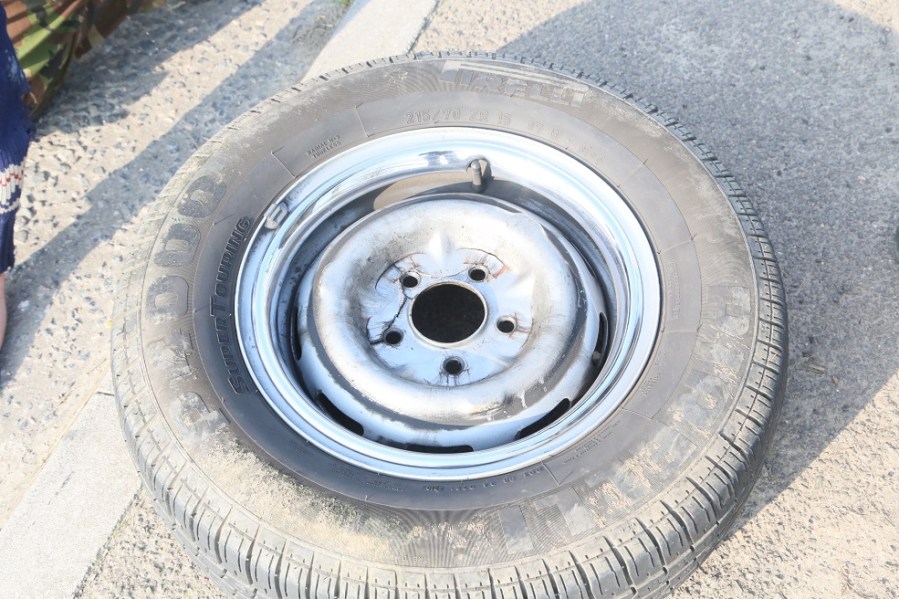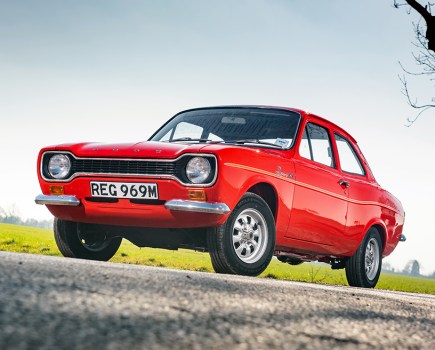One of the advantages of owning an older classic car is having steel wheels and higher profile tyres that are more resilient to damage caused by potholes and dilapidated roads, especially when compared to period magnesium alloy wheels, which can become porous.
Steels can usually be repaired more easily than alloys too, but as a recent case illustrated, they certainly aren’t immune to damage and breakages – especially when the ravages of time take their toll.
Editor of three of Kelsey Media’s tractor titles, Peter Love, recently saw the issue rear its head first-hand. “I was out on April 1 to test my 1949 Allard P1 since I rebuilt the front suspension, brakes and some other bits, and was joined by Richard Wade with his steel wheeled Bristol 411,” Peter explained. “We travelled some miles and, on our return, went to Ashburnham Place Orangery Tea Rooms. Over a cup of tea Richard said he had a clicking noise when he turned the wheel to the nearside, thinking a wheel bearing was going. Richard left before I did and I caught him up four miles down the road where he had stopped on the verge near Herstmonceux as he said he could not hold the steering wheel at any speed.
“With all the tools in the boot of the Allard I used the tyre lever to remove the massive hub cap to see the steel wheel rim absolutely split nearly 360 degrees! All rather amazing, I have never seen that before on a car of the Bristol’s quality.”
Fortunately, Richard was able to source a new wheel from Spencer Lane-Jones Ltd in Warminster and no harm was done, but the consequences could’ve been much more serious. The warning is stark – check your steel wheels.





